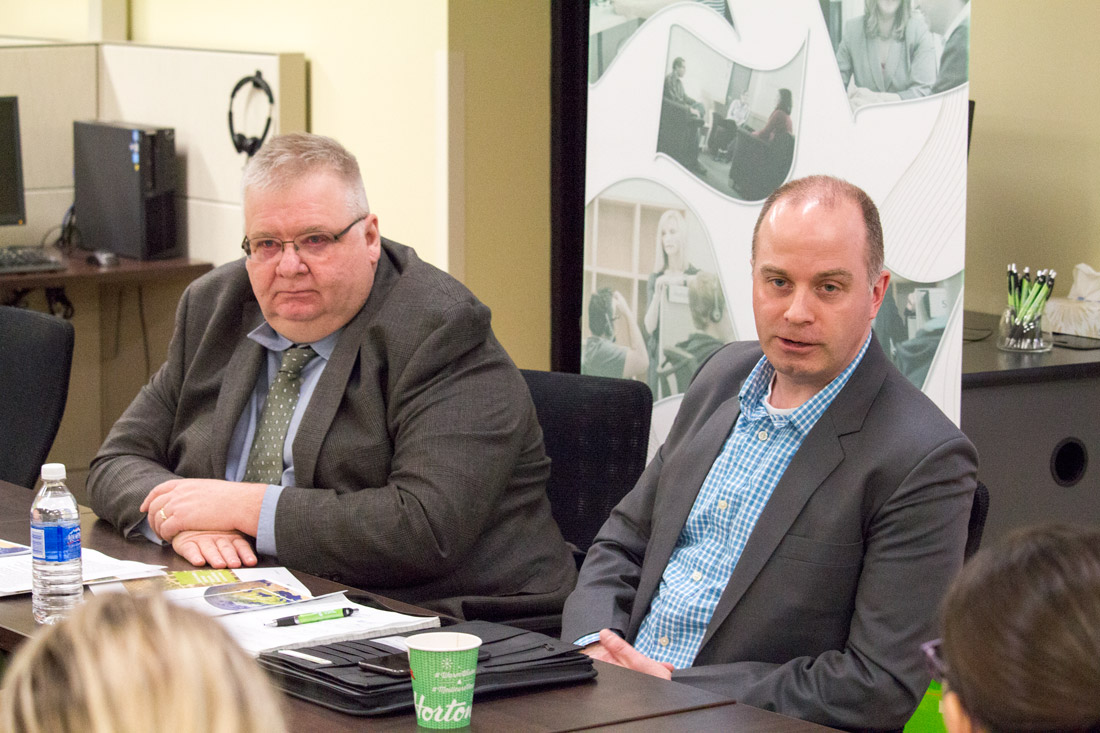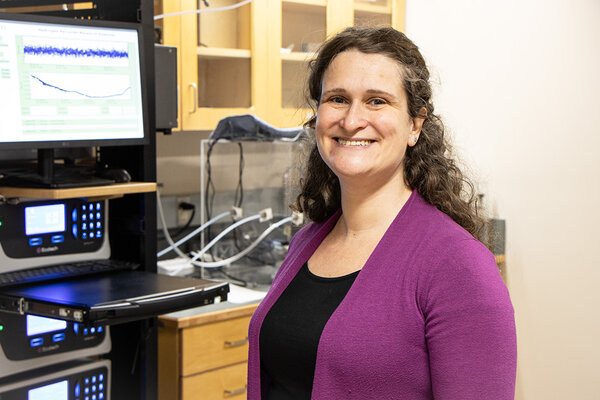
Gauging generosity
A new report by College of Arts & Science researchers measures Canadians' international philanthropy
By Chris Putnam
Religious faith and a strong independent streak are some of the key features of Canadian generosity, say researchers in the College of Arts & Science.
In a report released Monday, Social Sciences Research Laboratories (SSRL) and Department of Sociology researchers examine Canadian philanthropic giving to the developing world with an unprecedented level of detail.
Among the most significant findings of the report: faith-based organizations play a critical role in Canada’s international charitable sector.
“According to Statistics Canada, roughly a quarter of people in Canada go to church on a regular basis, yet we found that faith-based organizations are generating well over half of our privately raised international aid,” said Mark Stobbe, a PhD candidate who co-authored the report along with his Department of Sociology supervisor Harley Dickinson and SSRL director Jason Disano.

The scale of private giving is another defining feature of Canadian philanthropy, noted Stobbe.
“The traditional measure of how generous a country is has been to look at the foreign aid budget of its government as a percentage of gross national product,” Stobbe said.
By that measure, according to the most recent data in 2014, Canada ranks as the 16th most generous country—well behind many European nations.
But when private donations are added to the government numbers, Canada’s ranking jumps to sixth place. Private donors contributed more than $1.6 billion to Canada’s international aid in 2014, according to the report.
“What this data shows is that North Americans aren’t less generous than Europeans—we just do it differently,” said Stobbe.
European countries tend to favour providing aid through their governments, explained Stobbe, while the United States leans more towards personal donations. Canada falls somewhere in between.
The SSRL study measured Canadian philanthropy from non-government sources including charities, universities, corporations and citizens. The findings of the report will be included in the Hudson Institute’s Index of Global Philanthropy and Remittances to be released this March.
The research was funded by the International Development Research Centre with cooperation and assistance from the Hudson Institute.


